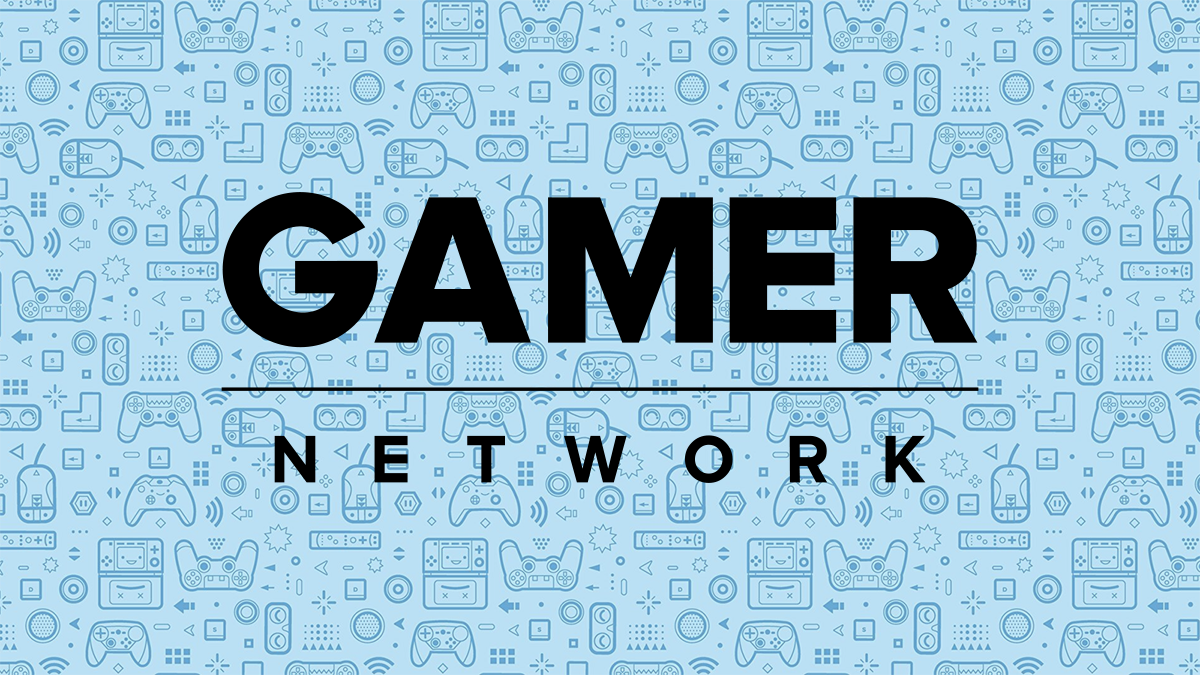Welp, this didn’t take long.
It’s especially interesting that they laid off a lot of people who were the only ones in their particular job, leaving entire jobs uncovered. I suspect this comes right before shutting them entirely or doing it all “with AI” 🤮.
Sad in particular about Alice Bell. She was fantastic, and it always felt like she kept the site going through all the shit of recent years. Plus being the driving force behind their podcast (the Electronic Wireless Show) of course also spells doom for that one though I hope that like Indiescovery they go rogue and run it independent of the site.
Bleak times. Fuck IGN.



If you look at the history of anti-trust legislation, some of its first uses and biggest targets were labor organizers. Under the Sherman Antitrust Act, one of the first and most notable cases was the US lawsuit against the Workingmen’s Amalgamated Council (also known as the “Triple Alliance” of teamsters, scalesmen, and packers) over what was then the largest labor action in US history.
It wasn’t until the 1914 Clayton Antitrust Act that unions were granted safe harbor from anti-trust provisions. And it took until 1941 for the courts to finally fully decriminalize labor actions - a process that was ultimately reversed starting in the 1960s under Nixon, and extended under Ford, Carter, and then Reagan.
That’s the Keynesian approach, certainly. But the Chicago School that came to dominate US economics during the Volcker Era suggested instead that we can adjust the Federal Funds rate to keep malinvestment from derailing an economy. And that this strategy means asset accumulation is now safe and profitable for large corporate interests.
Large investment banks are actually good, because they give us a steady and constant flow of price information on a private market. And since price discovery is the real goal of regulation, the advent of these mega-banks means we can let the institutions regulate themselves without any conceivable downsi- sound of the 2008 market crash